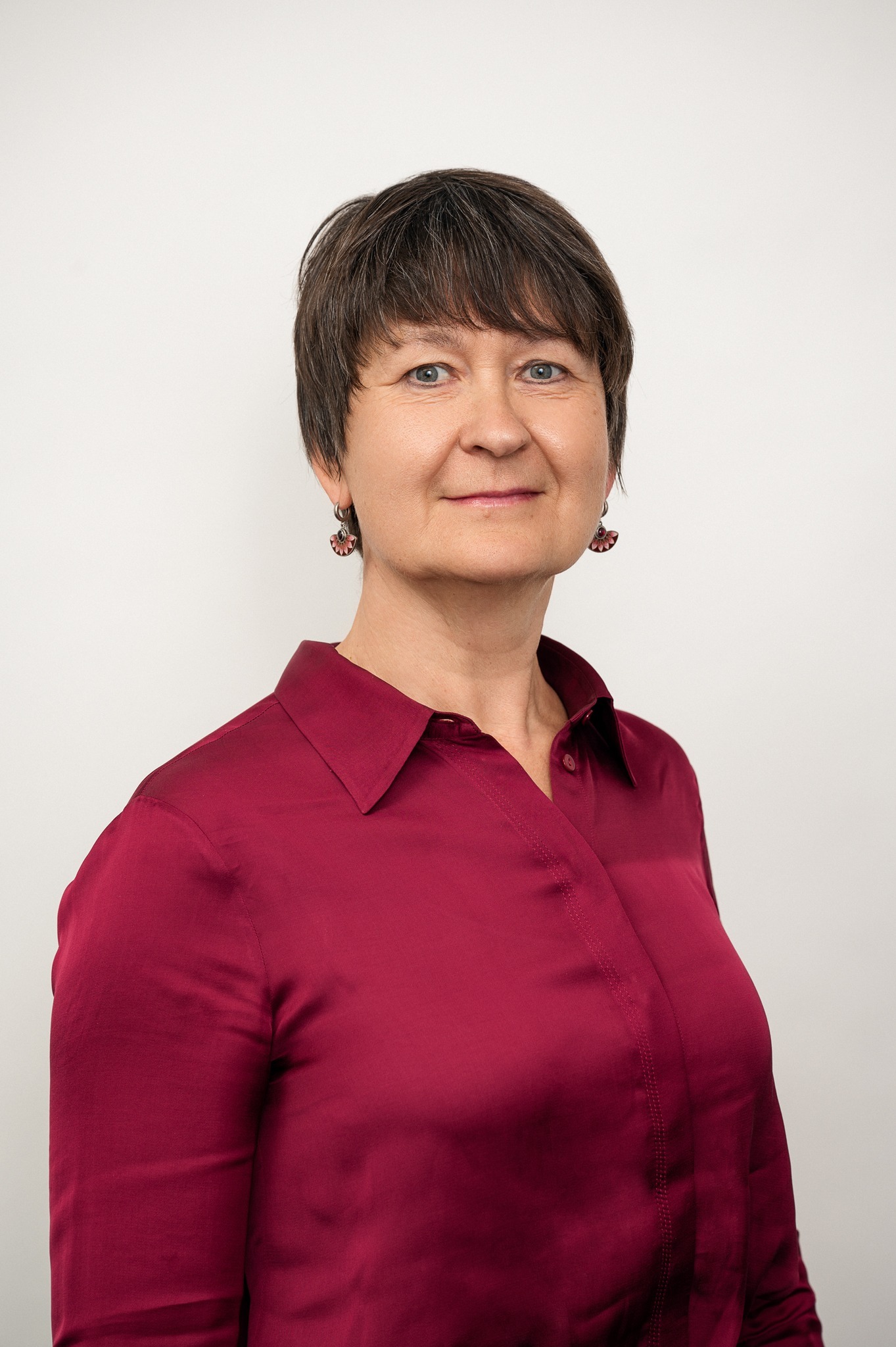“We have a joint responsibility to find answers and solutions for why so many people choose to take their own lives in the Nordic Region. We have to work together across borders and disciplines, and not least listen to those in the most at-risk groups,” says Bente Stein Mathisen, who chairs the Nordic Council Welfare Committee. The first step towards the objective of reducing the number of suicides by 25% by 2025 is to hold a Nordic summit in the new year that focuses on prevention and gathering knowledge and experience from professional environments.
Our objective is to reduce the suicide rate by 25% by 2025, regardless of COVID-19. Bente Stein Mathisen – Chair of the Nordic Council Welfare Committee.
COVID-19: a dark horse
Although it is still too early to say anything about the impact of COVID-19 on suicide figures, there are concerns from several quarters that isolation, unemployment, and insecurity may lead to an increase in the number of people taking their own lives. This potential increase is at odds with the Nordic Council Welfare Committee’s objective for 2025. For example, the Nordic Welfare Centre is concerned about people with disabilities:
“In addition to the specific illness caused by COVID-19, the pandemic has consequences for groups of people in an already vulnerable position. At the Nordic Welfare Centre, we can see how people with disabilities are being especially hard hit by the pandemic. Many of them have seen their therapy and training halted, and many are concerned about the future. This all has a negative impact on their mental health,” says Eva Franzén, Director of the Nordic Welfare Centre.
Number of children and young people using the Norwegian Red Cross helpline increased by 35% as COVID-19 took hold.
Concerns about COVID-19 among children and young people
The Nordic Youth Council is concerned about the negative impact of COVID-19 on young people.
“The coronavirus situation and subsequent increased isolation can give rise to mental illness among young people. Many young people have seen their lives turned upside down, and the pandemic will have a long-lasting impact going forwards,” say Dag Henrik and Margrét Steinunn Benediktsdóttir of the Nordic Youth Council. There is also concern among organisations working with young people. For instance, the Norwegian Red Cross saw a 35% increase in the number of children and young people calling the Red Cross helpline as COVID-19 started to take hold of the Nordic Region. Although this does not necessarily mean increased suicide rates, it is an indicator of increased anxiety and worry, which are leading contributors to suicide. When concerns about COVID-19 were presented to the chair of the welfare committee, the message was clear:
“Our objective is reduce the suicide rate by 25% by 2025, regardless of COVID-19,” says Mathisen.
Nordic countries must learn from each other to prevent suicide
The welfare systems of the Nordic countries are all very similar, meaning that we can apply each other’s strategies and initiatives quite easily. Yet we are different enough that there are always different ways of seeing and doing things. For example, the Norwegian government quickly launched a nationwide strategy to combat suicide. A few decades ago, Finland had a markedly higher suicide rate than several of the other Nordic countries, but this trend has now been reversed, especially among young people. Some people point out that this is thanks to the closer monitoring of mental health and new medications. Such knowledge and initiatives are important for all public authorities and health organisations in the Nordic Region.
Nordic Welfare Centre
Vision 2030
Committee for Welfare in the Nordic Region






